Project Description
Located across three states in Southern India and spanning an area of over approximately
31,000 ha, this sustainable agroforestry project aims to remove approximately 133,000 tCO2e
annually. The project includes 14,000 smallholder farmers and involves the cultivation of
horticultural trees, cash crops and timber species which are native to the areas. A diverse set of
29 tree species including Sandalwood, Bamboo, Cashew Nut, Almond, Citrus and are being
planted. The farmers are trained in various aspects of agroforestry, soil conservation and
intercropping.
The problem
The states of Telangana, Andhra Pradesh and Karnataka are characterised by poor socioeconomic livelihoods and a lack of sustainable agriculture. Agroforestry aims to help the local communities that live in these three states by cultivating plant species that will bear fruit and bring economic growth in the area. Due to the nature of the climate in these areas, agroforestry will also help curtail soil erosion and create carbon sinks.
The states of Telangana, Andhra Pradesh and Karnataka are characterised by poor socioeconomic livelihoods and a lack of sustainable agriculture. Agroforestry aims to help the local communities that live in these three states by cultivating plant species that will bear fruit and bring economic growth in the area. Due to the nature of the climate in these areas, agroforestry will also help curtail soil erosion and create carbon sinks.
The solution
The project activity is a grouped project where various horticultural tree species including fruit bearing tree species, commercial tree species and shrubs will be planted. During the first three years, around 31,984 Ha will be planted in the first project instance covering the states of Andhra Pradesh and Telangana. Future instances of the project will include potential land available from across the whole of India.
The project activity is a grouped project where various horticultural tree species including fruit bearing tree species, commercial tree species and shrubs will be planted. During the first three years, around 31,984 Ha will be planted in the first project instance covering the states of Andhra Pradesh and Telangana. Future instances of the project will include potential land available from across the whole of India.
Helping the planet
This project’s main objective is to mitigate climate change while contributing to sustainable environmental management, community development, and poverty alleviation of farmers in India. The grouped project activity will establish agroforestry systems consisting of various horticulture trees including forest trees and fruit trees utilising unused land The additional trees in the landscape will enhance the wildlife habit value and biodiversity increase the soil water storage capacity reduce and increase soil organci carbon. Consequently, the climate change resilience of the land use systems, related to droughts, will be increased.
This project’s main objective is to mitigate climate change while contributing to sustainable environmental management, community development, and poverty alleviation of farmers in India. The grouped project activity will establish agroforestry systems consisting of various horticulture trees including forest trees and fruit trees utilising unused land The additional trees in the landscape will enhance the wildlife habit value and biodiversity increase the soil water storage capacity reduce and increase soil organci carbon. Consequently, the climate change resilience of the land use systems, related to droughts, will be increased.
Helping the people
The project will significantly contribute to livelihood improvement through creation of employment and improved food and nutrition security. Farmers will be given training in agroforestry systems as well as being given saplings and technical support. Revenue from the sale of generated carbon credits will be shared with the participating farmers further improving livelihoods.
The project will significantly contribute to livelihood improvement through creation of employment and improved food and nutrition security. Farmers will be given training in agroforestry systems as well as being given saplings and technical support. Revenue from the sale of generated carbon credits will be shared with the participating farmers further improving livelihoods.
Project Timeline
Listing: Q4 2022
Registration : Q3 2023
Verification : Q1 2024
Issuance: Q2 2024
Impact
The primary impact will be the mitigation of climate change while contributing to sustainable environmental management, community development and poverty alleviation for the farmers. The additional trees in the landscape will enhance the wildlife habitat value and biodiversity. In addition, the soil water storage capacity will increase, and soil erosion will be reduced. These activities will also significantly contribute to livelihood improvement through the creation of employment and improved food and nutrition security.
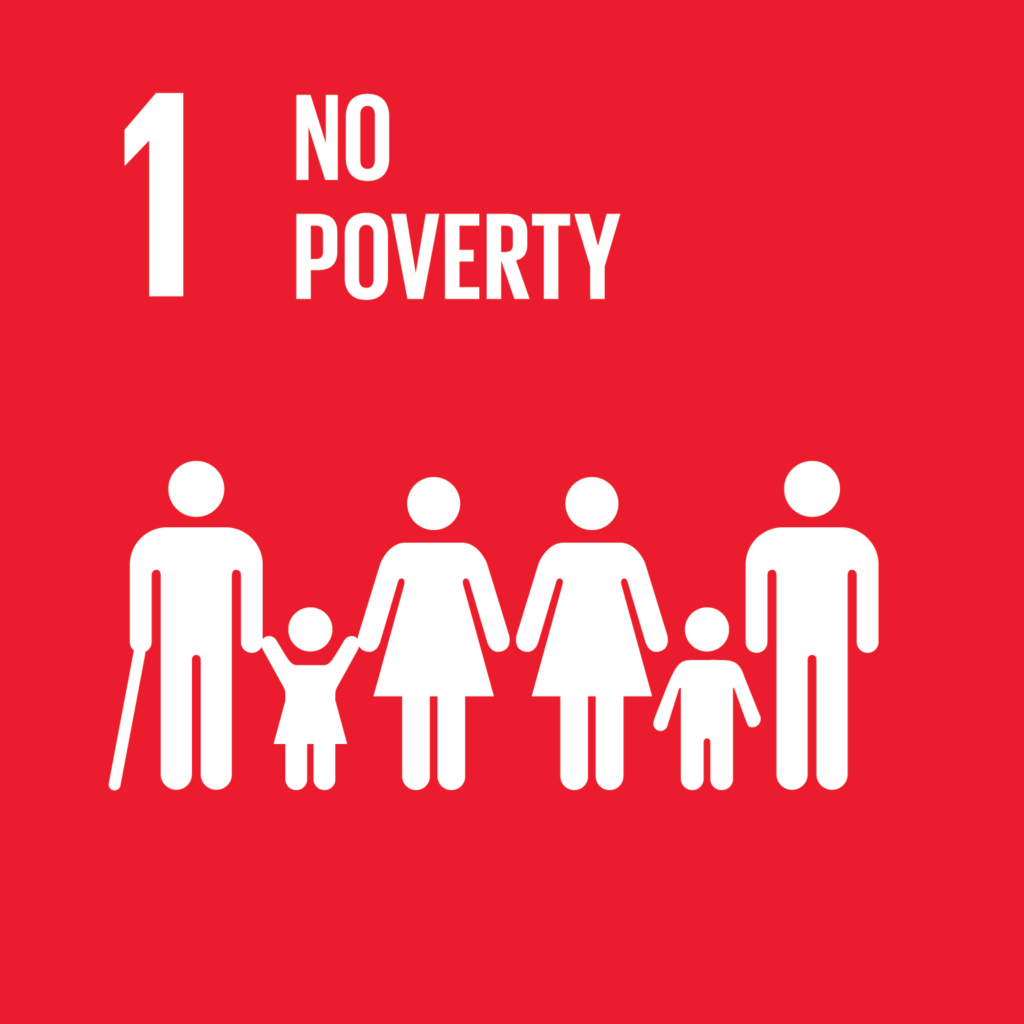
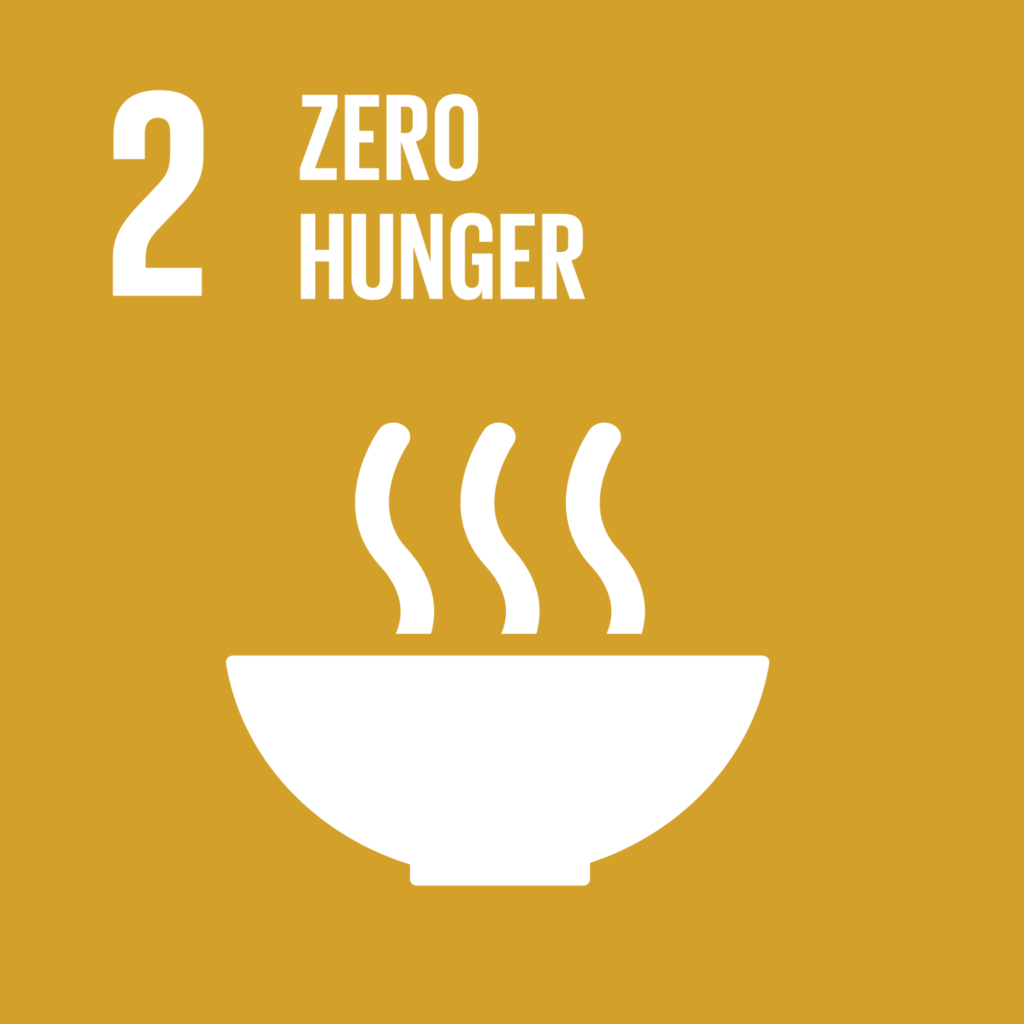

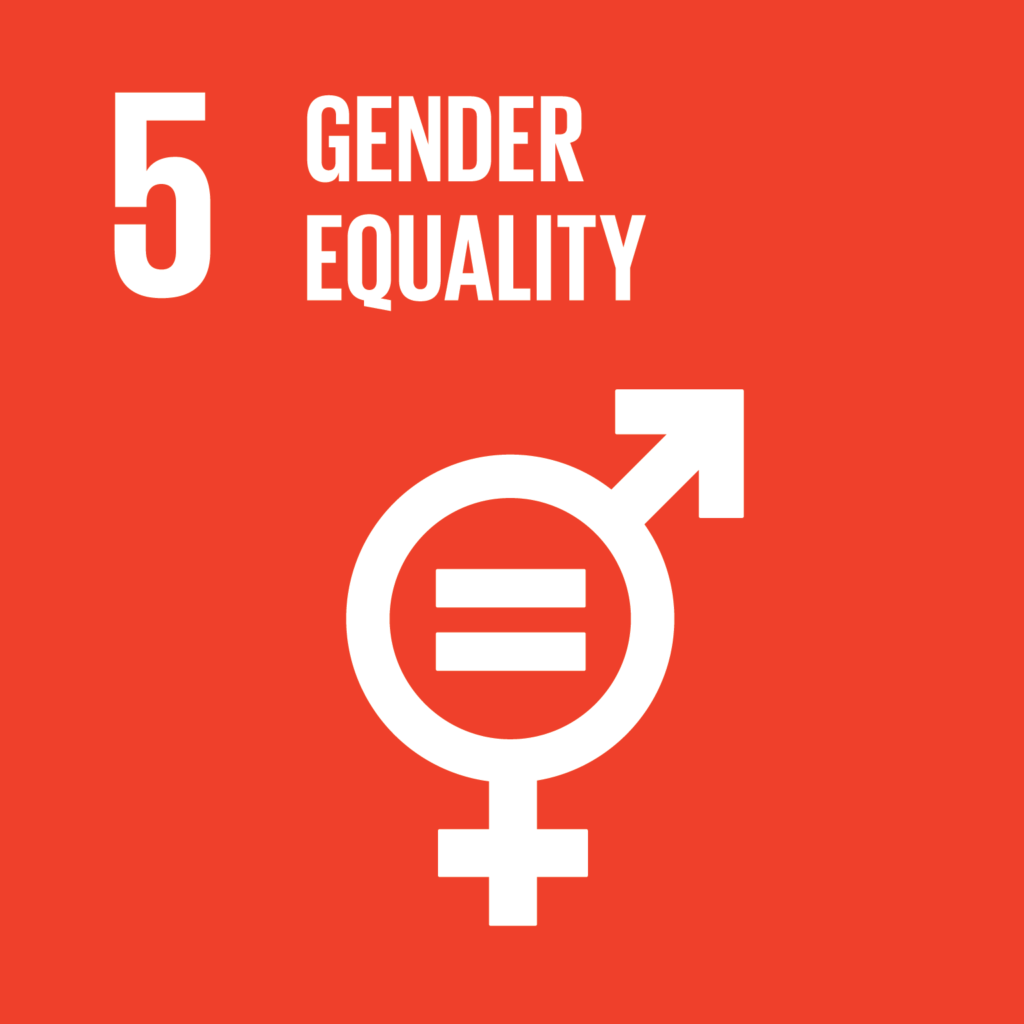
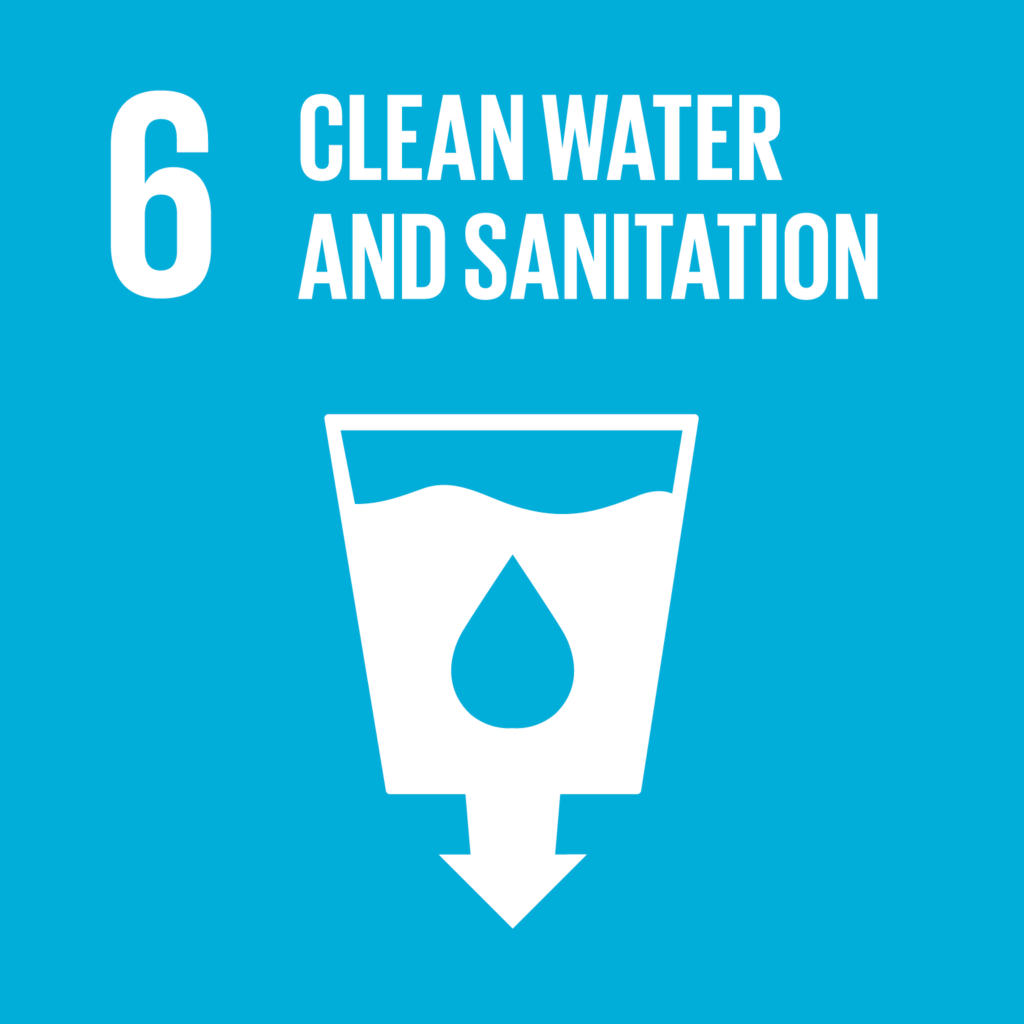
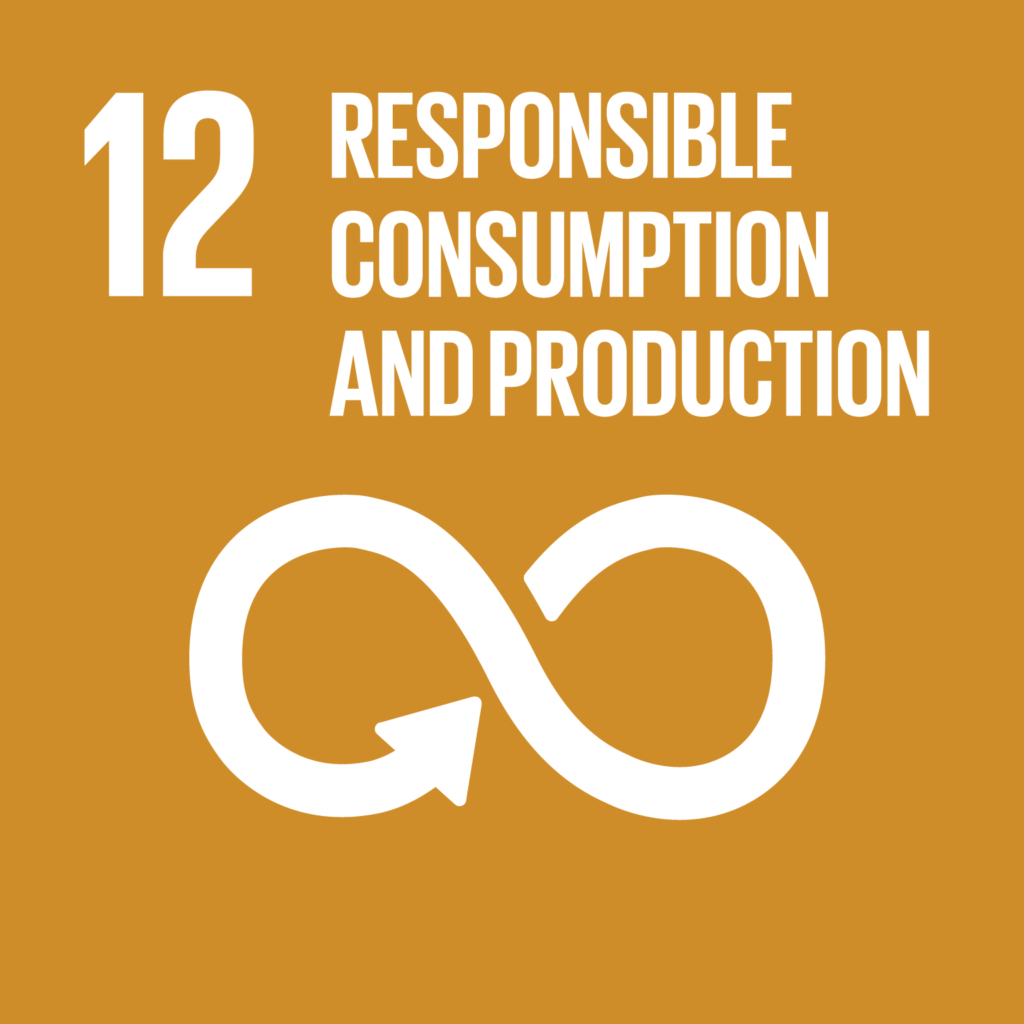

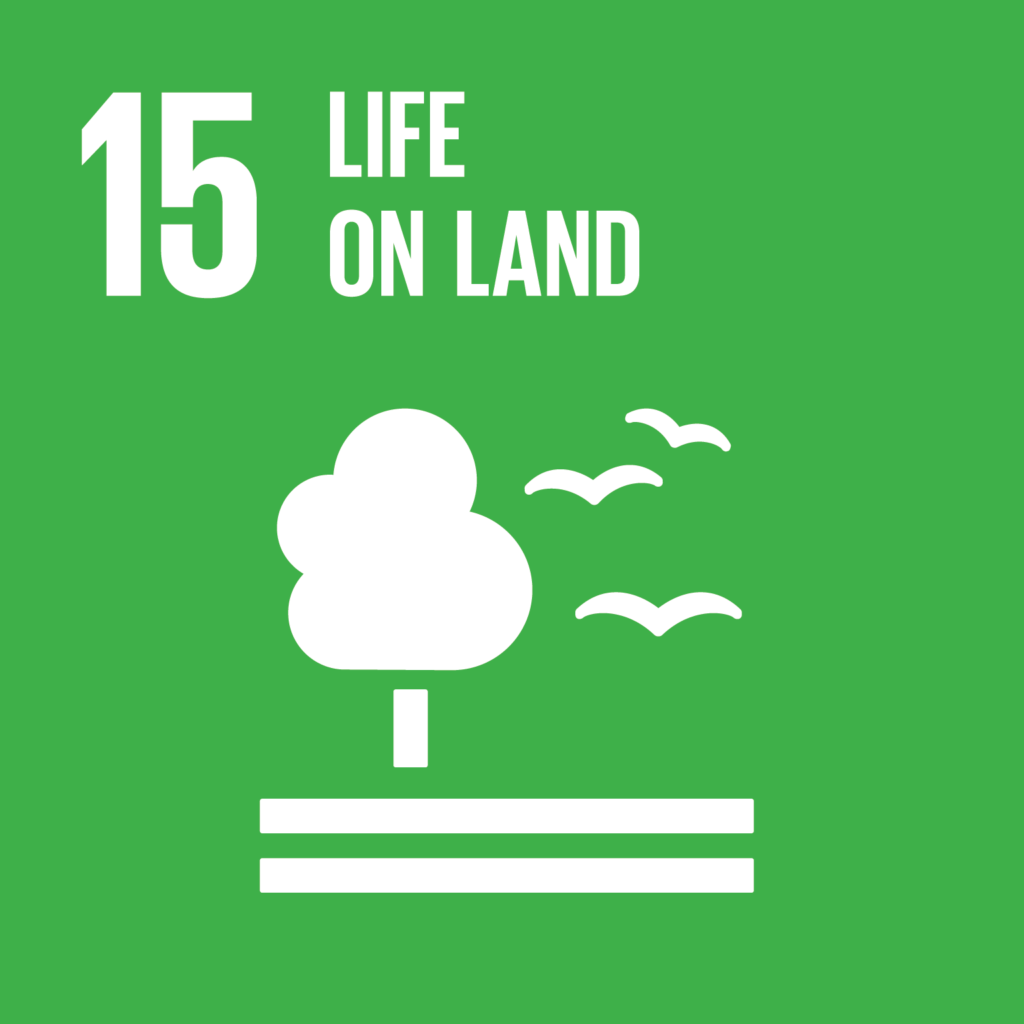
Map
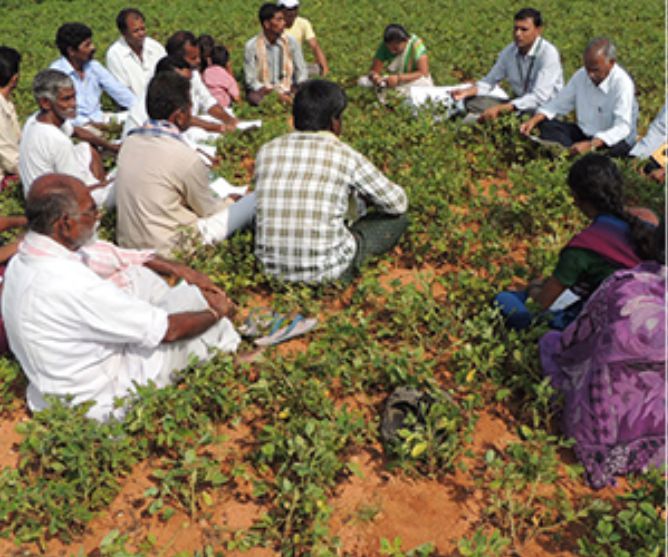

Location
Telangana, Andhra Pradesh and Karnataka

Project Area
31,984 Hectares

Annual Emission Reduction Estimation
133,000 tCO2e

Project Status
Listed on VERRA: VCS 3923














